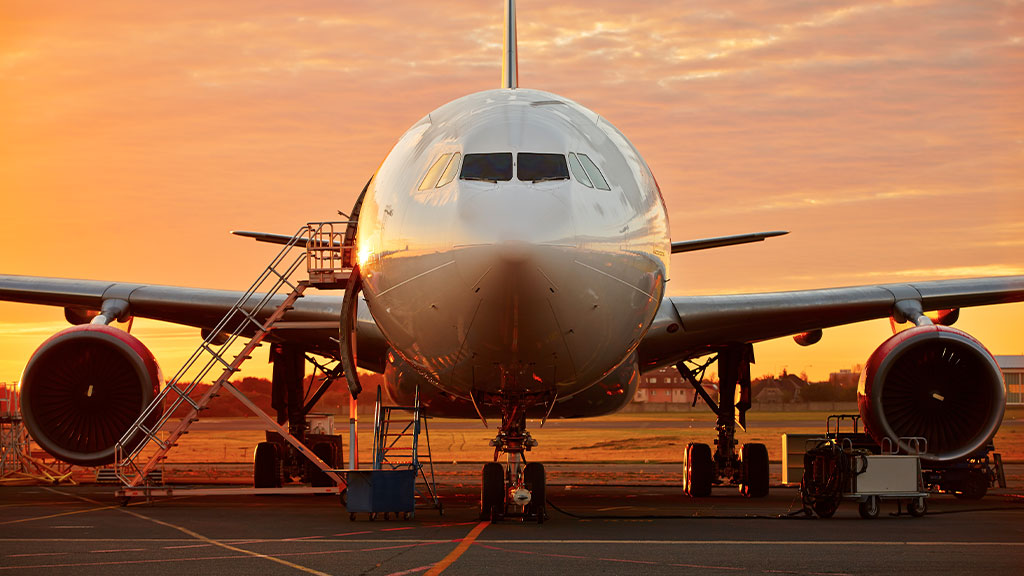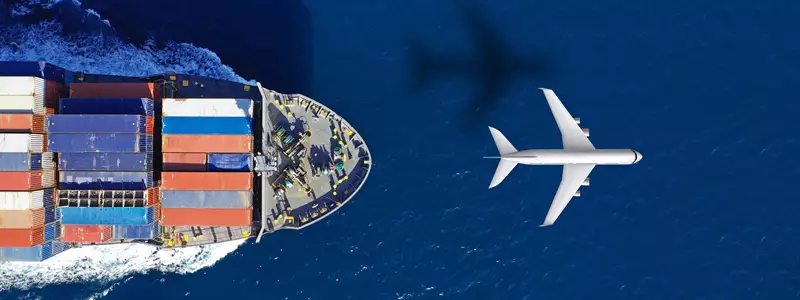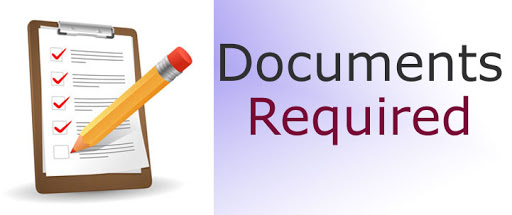- By TOP CHINA FREIGHT
- September 26, 2025
- Air Freight, Shipping
Table of Contents
Air freight cost from China to South Africa is a critical factor for businesses that need fast and reliable shipping solutions. With trade between the two nations growing rapidly, importers and exporters often face challenges balancing shipping costs, delivery times, and customs requirements. Understanding how air freight pricing works helps companies optimize logistics, control expenses, and meet customer demands without delays.

What factors influence air freight cost from China to South Africa?
Several elements determine pricing, and being aware of them allows shippers to manage costs effectively.
Weight and volume:
Air freight rates are based on chargeable weight, which is the higher of actual weight and volumetric weight.
Cargo type:
Hazardous goods, perishables, or oversized shipments attract surcharges.
Route and airline:
Direct flights are faster but usually more expensive than transshipment routes.
Fuel prices and seasonality:
Peak seasons like Chinese New Year or holiday sales increase demand and raise rates.
Customs duties and handling charges:
Import tariffs, VAT, and destination handling fees add to the total.
By analyzing these factors, businesses can forecast expenses and choose the best balance between cost and speed.
How much does air freight cost from China to South Africa?

Air freight rates fluctuate, but average costs give businesses a starting point for budgeting.
| Cargo Weight (kg) | Estimated Rate (USD/kg) | Typical Transit Time | Notes |
|---|---|---|---|
| 100 – 300 | $4.5 – $6.5 | 5 – 7 days | Suitable for small commercial shipments |
| 300 – 500 | $4.0 – $6.0 | 5 – 7 days | Lower per kg rate due to volume |
| 500 – 1000 | $3.5 – $5.5 | 6 – 8 days | Ideal for bulk but urgent cargo |
| 1000+ | $3.0 – $5.0 | 6 – 9 days | Best for large-scale shipments |
⚠️ Actual rates vary by airline, origin city (Shanghai, Guangzhou, Shenzhen), and final destination (Johannesburg, Cape Town, Durban).
Why choose air freight over sea freight?

Although sea freight is cheaper, air cargo has unique advantages:
| Mode | Cost | Transit Time | Best For | Cons |
|---|---|---|---|---|
| Air Freight | Higher ($3–6/kg) | 5–9 days | Urgent, high-value, perishable goods | Expensive for bulk |
| Sea Freight | Lower ($1000–$2500/20ft) | 25–35 days | Heavy, non-urgent cargo | Long lead times |
For businesses dealing with just-in-time supply chains, air freight ensures reliability, even at higher cost.
What documents are needed for air freight to South Africa?

Documentation is essential to avoid customs delays. Typical requirements include:
| Document | Purpose |
|---|---|
| Commercial Invoice | Declares product value and buyer/seller details |
| Packing List | Details cargo contents and dimensions |
| Air Waybill (AWB) | Proof of shipment and tracking |
| Import Permits | Required for restricted goods |
| Certificate of Origin | Proves country of manufacture |
Ensuring accuracy in paperwork reduces clearance time and prevents fines.
How long does air freight from China to South Africa take?
On average, shipments take 5–9 days. Transit time depends on:
- Direct flights: Shanghai/Beijing to Johannesburg may take as little as 5 days.
- Indirect flights: With stopovers in Dubai or Addis Ababa, deliveries may take 7–9 days.
- Customs clearance: Delays at South African airports can extend total transit.
Planning with buffer time is essential, especially for time-sensitive deliveries.
Can businesses save money on air freight costs?
Advance booking locks in lower rates.
Combining cargo reduces per-kg costs.
Off-peak days (mid-week) may be cheaper.
Durban or Cape Town might have lower handling fees than Johannesburg.
Long-term agreements with forwarders often secure discounts.
Case Study: Reducing costs for electronics importer

A South African importer of smartphones previously shipped 200 kg per week from Shenzhen via direct flights. Costs averaged $6/kg. By switching to consolidated shipments of 600 kg every two weeks, rates dropped to $4.2/kg, saving $2,160 monthly while maintaining acceptable delivery schedules.
This shows that careful planning and collaboration with freight forwarders can significantly reduce logistics expenses.
What are the pros and cons of air freight for South Africa?
| Pros | Cons |
|---|---|
| Fastest shipping mode (5–9 days) | High cost compared to sea freight |
| Reliable schedules with minimal delays | Limited capacity for oversized cargo |
| Secure handling reduces theft/damage | Sensitive to fuel price fluctuations |
| Ideal for perishables, electronics, medical goods | Customs inspections may cause delays |
Should you use a freight forwarder for air cargo?
Absolutely. Freight forwarders in China provide:
- Pickup from suppliers in Shenzhen, Guangzhou, or Shanghai.
- Consolidation services to optimize space and reduce costs.
- Customs brokerage in both China and South Africa.
- Cargo insurance and packaging solutions for added security.
- Real-time tracking to ensure visibility across the supply chain.
Working with a forwarder simplifies the process and helps avoid hidden charges.
Conclusion
Understanding air freight cost from China to South Africa is vital for businesses managing tight delivery schedules and sensitive cargo. Costs depend on weight, cargo type, and airline routes, but typically range between $3–6 per kg with transit times of 5–9 days. While air freight is more expensive than sea freight, its speed and reliability make it the best option for urgent shipments. By planning carefully, consolidating cargo, and working with experienced freight forwarders, companies can minimize expenses while ensuring efficiency.
Need a Shipping Quote?
If you want expert guidance and peace of mind, our team is ready to assist.
TJ China Freight offers tailored solutions to help businesses of all sizes ship more reliably from China.

FAQ
Q1:What is the cheapest way to ship from China to South Africa?
Sea freight is the cheapest, but it takes 25–35 days. Air freight is faster but costs more per kg.
Q2:How do airlines calculate air freight charges?
They use chargeable weight, based on either actual weight or volumetric weight, whichever is higher.
Q3:Can I ship hazardous materials by air freight?
Yes, but you need special documentation, packaging, and approval. Costs are also higher.
Q4:Which South African airports handle cargo from China?
Johannesburg (JNB), Cape Town (CPT), and Durban (DUR) are the main cargo hubs.
Q5:Do I need insurance for air freight shipments?
Insurance is optional but strongly recommended to protect against damage or loss.
